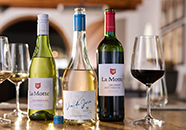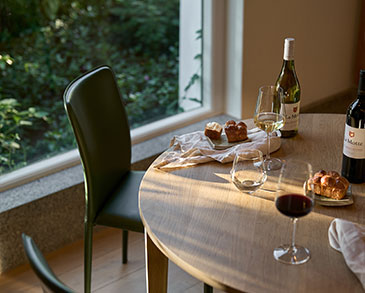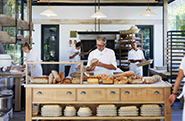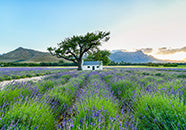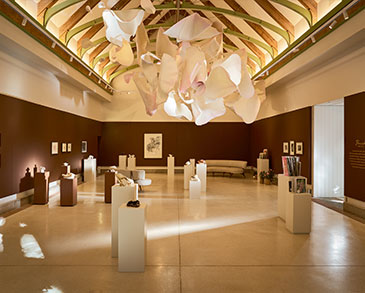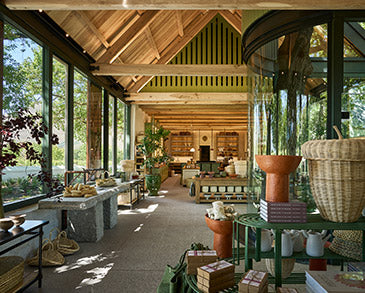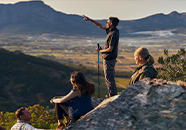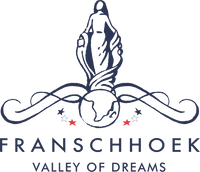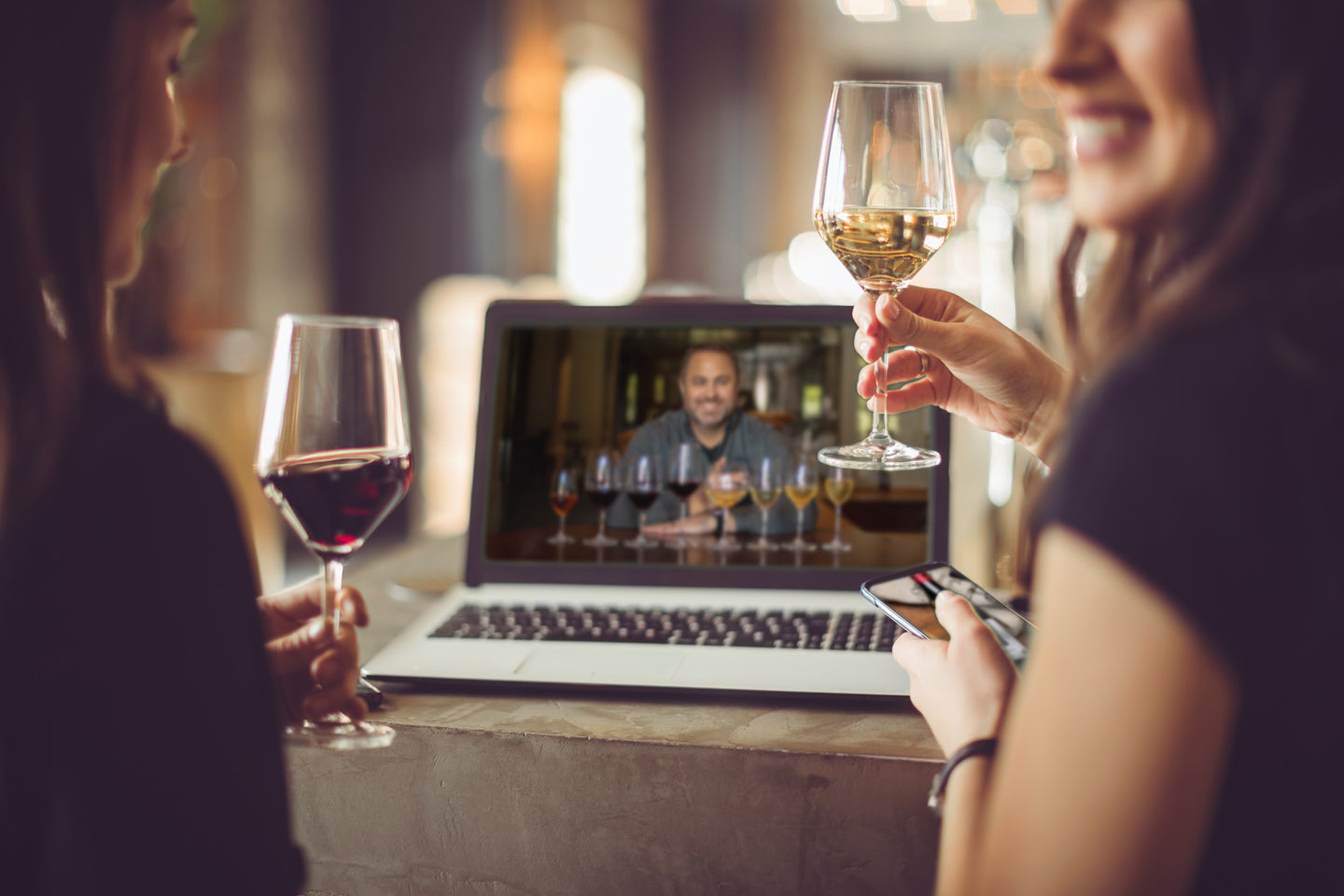
No-one could have predicted the catastrophic consequences that COVID-19 would have across the world with its impact having been felt across nearly all industries. South Africa’s wine sector acutely felt the impact with Wines of South Africa (Wosa) reporting that the sector is running at a R7.5 billion loss, with over 21 000 jobs lost so far because of the pandemic.
South Africa’s wine industry is a key economic driver of the country’s GDP. In fact, it’s growing contribution annually amounts to R36 billion, and employs about 300 000 people both directly and indirectly according to SAWIS (South African Wine Industry Information Systems).
For their own survival, and to spark economic recovery, wine producers had to rethink, reimagine and adapt new ways of doing business to circumvent challenges presented by the pandemic.
What’s more is, changing consumer behaviour has given rise to lasting trends. And some of these trends are turning into new societal norms – new norms that all businesses will need to factor into their business recovery planning and approach.
“We are social beings by nature and there is nothing more social than enjoying a glass of wine together with friends and family. There is little doubt that physical and social distancing regulations have affected the way in which we interact and engage with our loyal customers impacted by a worldwide pandemic”, says La Motte CEO, Hein Koegelenberg.
He says from a wine product and tourism experience perspective, La Motte had to learn to engage without that physical interaction marking wine tourism experiences under normal circumstances as it was no longer possible to host guests to the estate in the traditional way.
“During a year in which we reflected quite a bit as the pandemic also coincided with the fifty year anniversary of our current business and ownership of La Motte, we took note of an increased consumer acceptance and appetite for a digital connection to wine products and experiences they love. This digital connection has successfully spilled over into the online retail space as orders picked up significantly,” says Koegelenberg.
“Digital technology is one way in which organisations are able to adapt and thrive, to respond to and recover from challenges and to reimagine ways of working. Focusing on building digital resilience will help businesses stay relevant, regain competitiveness and drive economic recovery in the wake of the pandemic,” says Amr Kamel, Enterprise Director at Microsoft South Africa.
Koegelenberg continues, “We have explored virtual versions of our wine tourism experiences and realised that it is the interaction and personalisation of a visit to La Motte that makes all the difference. It is important to us that our virtual experiences such as the wine tastings, art museum experiences, and historic and sculpture walks in the estate’s beautiful gardens mirror our approach to personalisation and stay interactive. During a time when our supporters can’t come to us, we now take the experience to them, virtually.”
It is because of its reimagined and unprecedented way of doing business that La Motte has been recognised for its innovation by the 2020 Wine and Food Tourism Awards. Closely related, the estate followed up with wins in no less than three categories (Wine Tourism Service, Art and Culture as well as Sustainable Wine Tourism Practices) in the Great Wine Capitals of the World’s 2021 Best of Wine Tourism Awards.
“Businesses across industries, not just in the wine industry, have never experienced this scale of impact, meaning industries have no choice but to adapt and transform their businesses to ensure business continuity and success. We are encouraged to see many South African organisations ready to reimagine how they do business in a more digital transformed and resilient way,” says Kamel.
South African wine producers will no doubt continue to find creative ways to use digital technologies to become more resilient, reduce costs, and increase efficiency and productivity.
“2020 presented an opportunity for us to revisit marketing approaches, channels and customer experiences,” agrees Koegelenberg. “By virtue of virtual technology, we are still able to connect to loyal supporters while it also affords us the opportunity to reach new customers in fresh new ways.”
Originally published on microsoft.com

